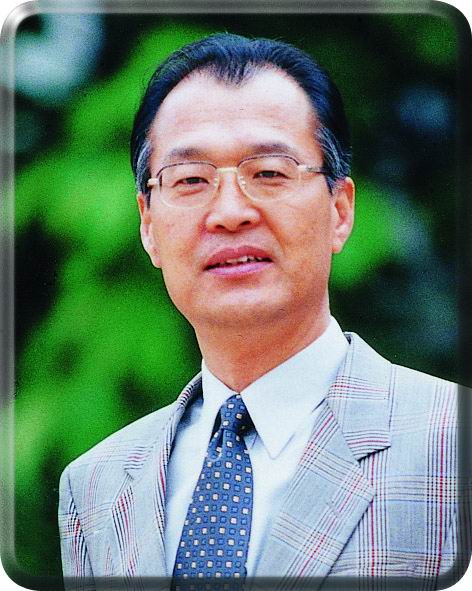“[Graduates], be ambitious!” You should go to a graduate school and work toward a Ph.D. in order to be a global leader
“Boys, be ambitious!” I like this phrase made by Professor Clark. I’d like to send this phrase as a message to you.
The goal of our university is to educate global leaders in areas of science and technology. I am quite sure that you are all well aware of this fact and chose our university because you share this vision. During the past 4 years you received the kind of the education that built the foundation for you to become a global leader in the area of your choosing. Of course the training of our university cannot be easy to take, but you were willing to endure it and were able to survive it. Today you are honored to receive the degree which you have worked hard for. But the truth is that this is only the starting point of a long and tough journey towards becoming a global leader.
Then what do you have to do and how do you have to do it from now on to become a true global leader? Of course the answer to this question depends on the individual, to a great extent, as each of you may have a different plan. But here I’d like to point out a common element that applies to all of you.
So, who are the global leaders in the area of science and technology? Really, who are they? Let us look around and name some of the true global leaders in your field. In my opinion, there are three types of leaders in the area of science and technology: a researcher, a head of a research organization and a CEO of a high tech company.
There are many leaders who are researchers either at universities or research organizations. They are the ones at the frontier of the most advanced research and that shepherd their research communities. I would say this is the most common type of leaders in science and technology. They are the leaders who discover new facts and laws and develop new things and ideas.
The second type is the leader who represents public or private R&D organizations. Some of them may be the president of an academic or professional society elected by fellow members. Even though they perform managerial tasks, most of them have started their careers as researchers. Gradually they become project leaders and manage research groups. Then finally they become the top management of the organizations. As such they are good at both research and management. They are the key people who decide the directions and the topics of the present and future R&D efforts of the organizations.
The third type is a CEO of a venture company or a CTO of a technology company. They may or may not be the founder of the company. The important fact is that they are not only excellent managers but also technology experts. Therefore, they are most likely to be scientists or engineers by training as well. Another important fact is that their companies are high tech, in other words, highly specialized. Therefore, they usually hold higher degrees in that field.
Now what is the condition that all these types of leaders satisfy? It is clear that all of them were experts of the area in which they became leaders, at least, when they started their careers. This means that they hold higher degrees, more specifically, Ph.D.s. Can you imagine a distinguished professor without a Ph.D., a head of an R&D organization without a Ph.D. or a CEO of a high tech company without a Ph.D.? No! So you should go to a graduate school and work toward a Ph.D. in order to be a global leader. Remember that a Ph.D. is a minimum requirement and also that the degree here is not a goal in itself but one of the things you earn as a part of your efforts towards becoming a global leader.
In other words, you all need a solid and good professional record to be a global leader. You may need some other qualifications depending on your interests. For example, you may need good communication skills and/or good management skills.
Good luck on your journey to becoming a global leader!

S. Y. Bang
Professor Emeritus
Dept. of CSE


